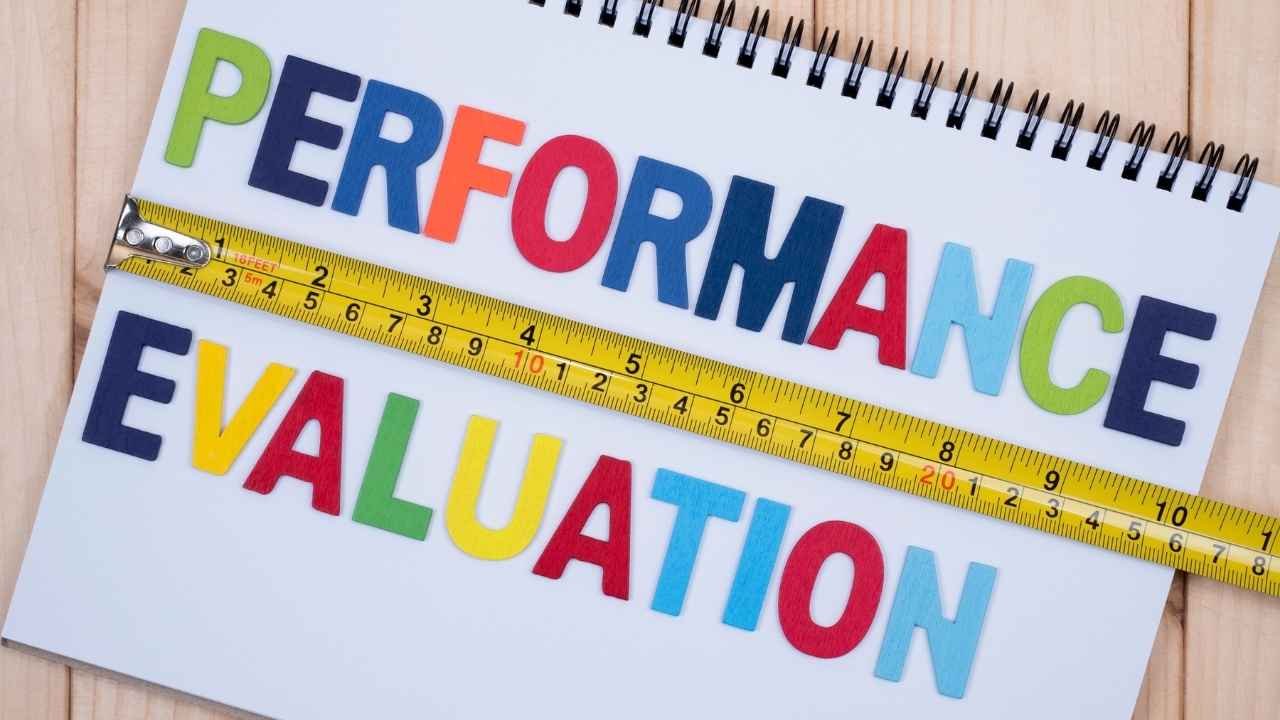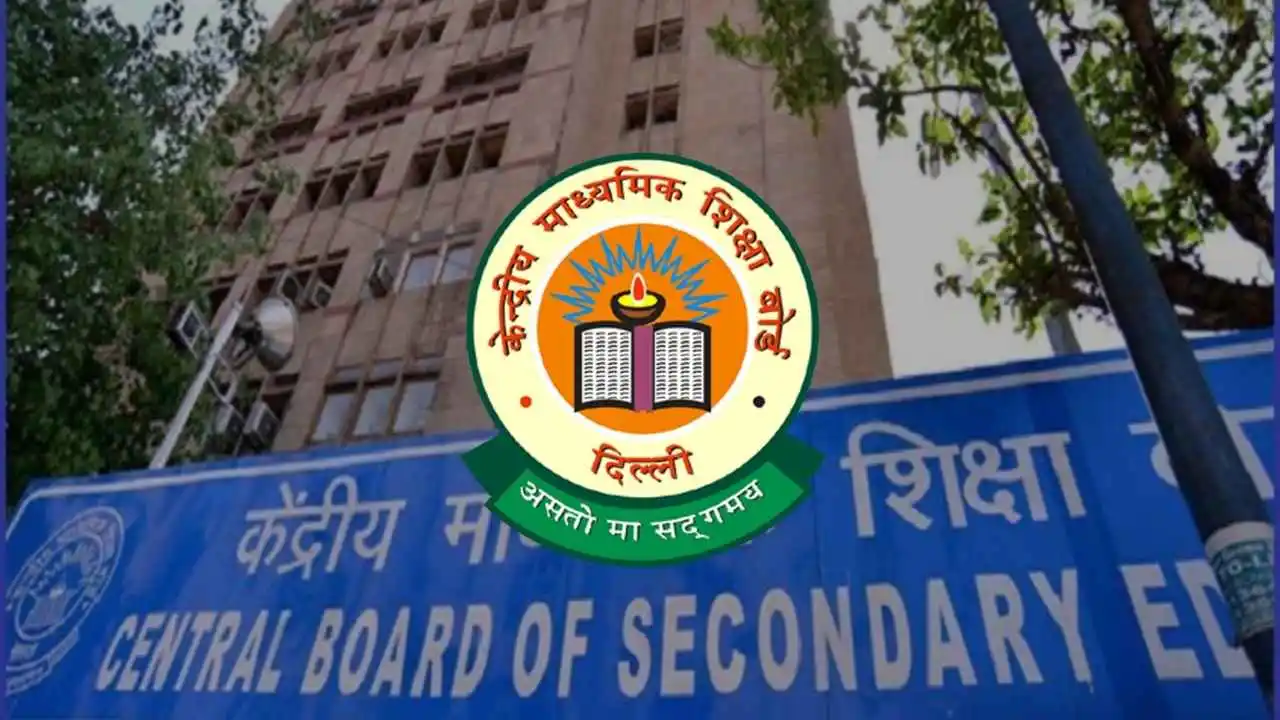Teacher Performance Evaluation Sheet: In-Depth Assessment for Increment Decisions
Teacher Performance Evaluation Sheet: In-Depth Assessment for Increment Decisions
In every school, teachers work hard to shape the future of students. Principals regularly assess their dedication, effort, and teaching skills. This helps ensure that teachers are helping students succeed.
A performance evaluation sheet allows principals to review every part of a teacher’s work. It looks at how well they manage the classroom and how they act professionally.
As the saying goes, “A teacher plants the seeds of knowledge that grow forever.” Like a garden, teachers also need care and feedback to grow. Schools use these evaluations to reward teachers for their efforts. It also helps teachers improve.
What are the best questions to ask in a teacher’s performance evaluation?
50 Essential Questions to Evaluate Teaching, Professionalism, and Contribution
Here are 50 important questions that principals use to evaluate teachers. These questions cover classroom management, professional behavior, and contributions to the school.
For example, does the teacher manage classroom discipline well? Do they use different methods to make lessons engaging? Are they actively involved in school events?
These questions give principals a clear view of how the teacher performs. This evaluation is not just for giving increments. It helps build an environment where teachers can learn and grow.
“A good teacher is like a candle—it consumes itself to light the way for others.” These questions help schools make the right decisions for teachers and students.
By asking these questions, principals ensure teachers do more than just their jobs. They go above and beyond to create a positive impact in the school.
Classroom Management and Instructional Skills
- Does the teacher effectively manage classroom discipline while maintaining a positive environment?
- Does the teacher create a lesson plan that is well-structured and aligned with the curriculum?
- Is the teacher punctual in starting and finishing classes?
- Does the teacher use varied instructional methods (visual, auditory, practical) to cater to different learning styles?
- Does the teacher encourage student participation and foster a collaborative learning environment?
- Does the teacher provide timely and constructive feedback on student assignments and assessments?
- Does the teacher utilize technology effectively in the classroom for teaching and learning?
- Does the teacher manage classroom time efficiently, balancing activities and content delivery?
- Does the teacher show flexibility in adjusting the lesson plan when needed, based on student understanding?
- Does the teacher regularly check for understanding throughout the lesson, using questioning techniques?
Professional Behavior and Ethics
- Does the teacher demonstrate a professional attitude in interactions with students, parents, and colleagues?
- Is the teacher open to feedback and willing to implement suggestions from supervisors or colleagues?
- Does the teacher maintain confidentiality regarding student records and performance?
- Does the teacher consistently exhibit integrity and ethical behavior in their work?
- Does the teacher actively participate in school meetings, workshops, and training sessions?
- Is the teacher a team player, contributing positively to group activities and collaborative projects?
- Does the teacher show commitment to professional development by seeking out learning opportunities?
- Is the teacher punctual and reliable in meeting deadlines for reports, grading, and administrative tasks?
- Does the teacher act as a role model for students in behavior, speech, and attitude?
- Is the teacher adaptable to changes in curriculum or teaching methods imposed by the school or board?
Student-Centered Focus
- Does the teacher identify and support students with special learning needs effectively?
- Does the teacher provide individual attention to students who need extra help?
- Does the teacher show awareness of student progress, keeping detailed records of their performance?
- Is the teacher actively working on improving student engagement in learning activities?
- Does the teacher help foster a safe and inclusive learning environment for all students?
- Does the teacher encourage critical thinking and problem-solving skills among students?
- Does the teacher use differentiated instruction to cater to the varying ability levels within the classroom?
- Does the teacher encourage student self-assessment and reflection on their learning progress?
- Does the teacher promote peer collaboration and teamwork among students during group activities?
- Is the teacher effective in helping students set and achieve academic and personal goals?
Contribution to School and Community
- Does the teacher take part in extra-curricular activities, such as school events, clubs, or sports?
- Does the teacher volunteer for school committees or leadership roles?
- Does the teacher contribute to the overall well-being of the school community, going beyond the classroom?
- Is the teacher effective in communicating with parents about student progress, behavior, and development?
- Does the teacher help in mentoring new teachers or guiding student teachers during internships?
- Is the teacher involved in developing school initiatives, such as academic programs or community outreach?
- Does the teacher assist in organizing and running school events, such as cultural programs, competitions, or educational tours?
- Does the teacher build positive relationships with the school administration and collaborate effectively with other staff members?
- Does the teacher act as a liaison between students, parents, and administration to ensure smooth communication?
- Does the teacher actively contribute to maintaining a positive school culture?
Personal Development and Initiative
- Is the teacher proactive in identifying and addressing areas for personal growth and improvement?
- Does the teacher regularly engage in self-reflection to evaluate their own teaching practices?
- Does the teacher stay updated with new educational trends and technologies relevant to their subject?
- Is the teacher innovative in introducing new ideas, teaching techniques, or activities to improve student learning?
- Does the teacher exhibit leadership qualities, such as taking initiative in problem-solving and decision-making?
- Does the teacher show resilience and perseverance in facing challenges, such as difficult students or classroom issues?
- Is the teacher effective in time management, balancing teaching duties with administrative responsibilities?
- Does the teacher encourage students to participate in community service or projects beyond the school?
- Does the teacher maintain a healthy work-life balance, ensuring that personal well-being doesn’t affect teaching performance?
- Is the teacher committed to lifelong learning and continuously seeks to improve their teaching skills?
These questions give a complete view of how a teacher performs. They focus on teaching methods, professional behavior, student involvement, and how much the teacher contributes to the school. This evaluation sheet helps principals make smart decisions about teacher increments and rewards. It ensures that teachers are recognized for their hard work and positive impact on the school.
Looking for a teacher performance evaluation guide? This essential questions PDF covers everything from B.Ed. notes to checklists and sample forms. You’ll find questions and answers, a complete evaluation form, and comments to help assess teachers effectively. Download the teachers’ performance evaluation form PDF for a comprehensive review process.






